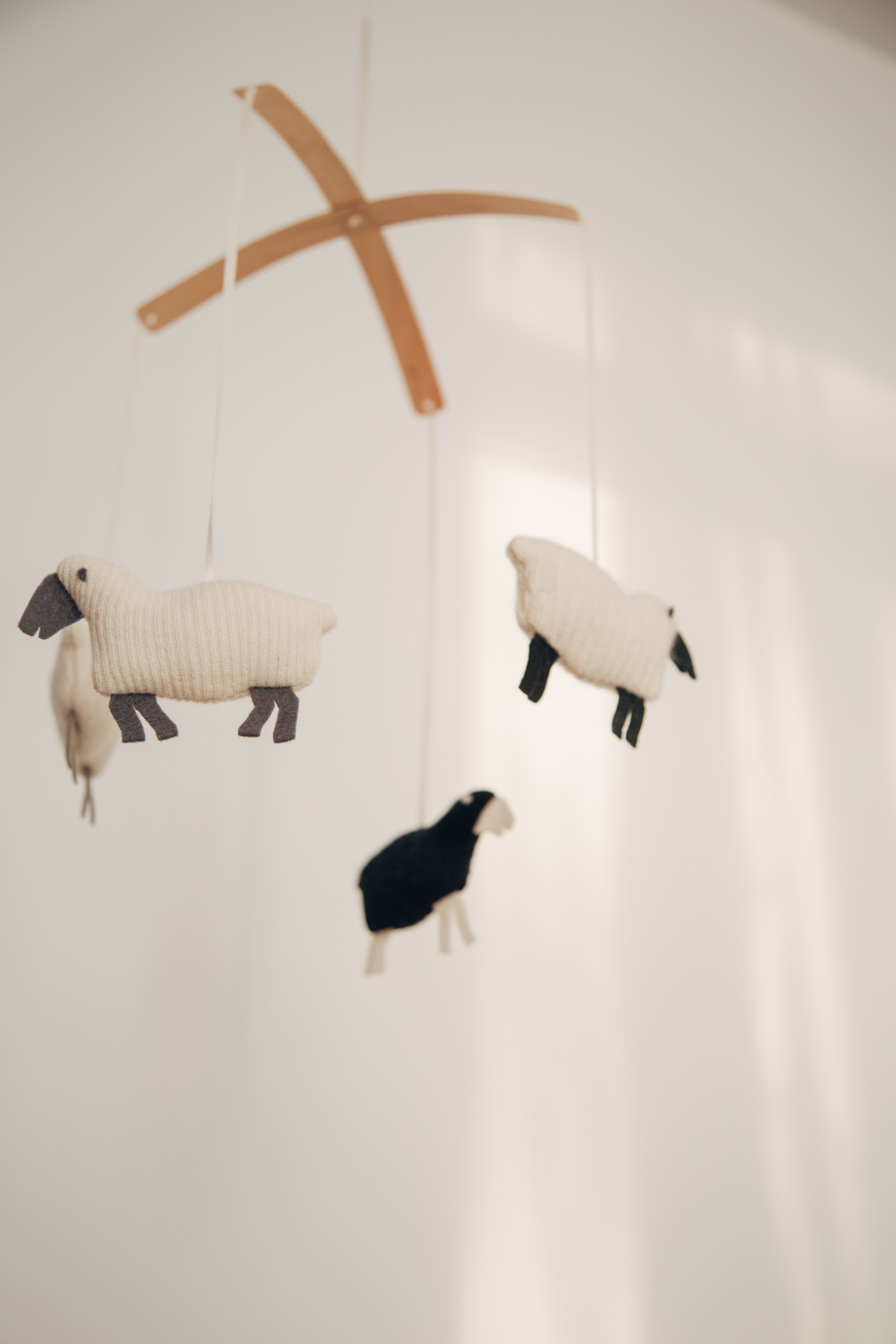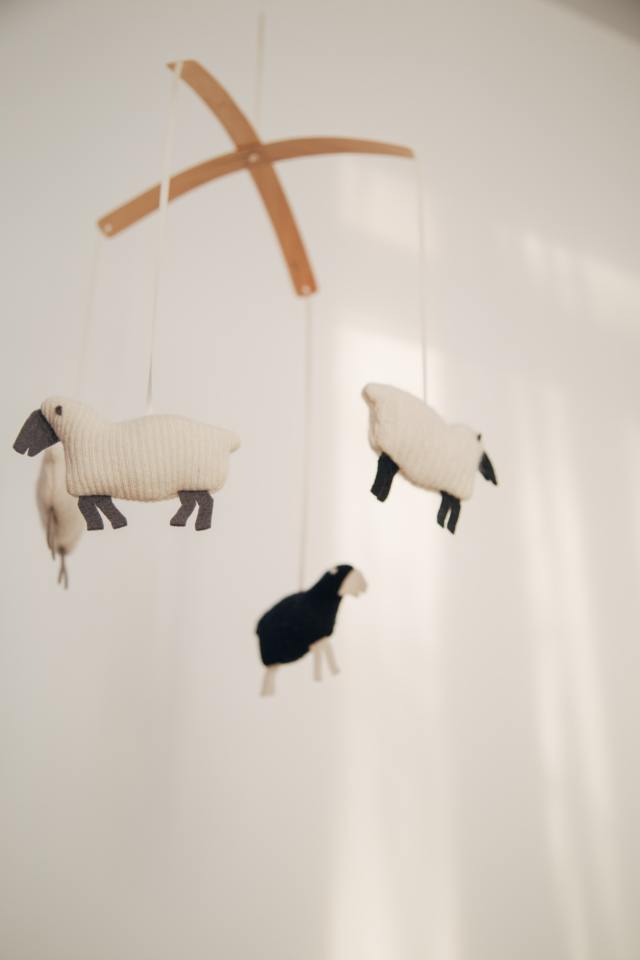
Note: My husband’s name has been changed for privacy.
I haven’t told many people about this story. But I don’t want to forget—that we love our daughter no matter what.
My cell phone rang one evening. It was my doctor’s number. My doctor calling me at home usually meant one thing – nothing good.
“The results from your baby’s genetic screen came back with an abnormal result. It was positive for spina bifida.”
Oh no. I stood there, stunned, unable to focus on her remaining words. My doctor kept talking, but my brain only heard the words “abnormal” and “spina bifida.” My mind stalled at the thought of telling my husband, of what this would mean for our family.
My background is in molecular microbiology. Because I spent years in a university laboratory, I am familiar with the benefits and drawbacks of modern medical research. This knowledge led my husband and me to agree to every genetic screen that my doctor recommended for our children. Both of our older children, a handsome son, and a lovely daughter, had completely standard genetic screens. We were expecting nothing different for our third child. Of course, our baby would be perfectly healthy and “normal,” wouldn’t she?
“I have scheduled your appointment with a specialist,” my doctor was telling me, “Her next available appointment is one month from now. I know that is a long time.” She paused, “Try not to worry.”
Seriously? All I can feel is worry.
I vaguely remember agreeing to the appointment with the specialist, thanking my doctor for calling me, and pushing the red button to hang up. Finally, the tears began to well in my eyes as thoughts surged through my mind.
Spina bifida? That is serious. I recalled from my college classes that this condition involved the spinal cord not forming properly. Side effects of the condition ranged from limited mobility, to paralysis, to brain deformations, to death. What will we do? How will Carl and I parent a special needs child? He would be home from work soon.
I have to pray about this, I thought. This pregnancy began with so much prayer. This baby has always belonged to you, Lord, as have all our children. Everything belongs to You. You are not surprised by this. I just have to talk to You.
As I prayed, I asked all the questions: What would this diagnosis mean for our older children? What would it mean for Carl and me – for our jobs, our marriage, our faith? These questions were only followed by more. Why had God allowed this to happen? Why had He answered our prayers for a baby only to subject this child and our family to such a harsh existence?
One thought emerged with vivid clarity—I love this little baby, no matter what. And I know Carl will too. And I know God does too.
The morning of my appointment with the specialist dawned bright and clear. Autumn was coming to the South, bringing a tinge of cooler air, a smattering of brightly colored leaves, and the ever-present scent of burning wood. Carl and I rode in silence to the appointment. He had asked for time off from work to hold my hand during the sonogram and ask questions of the specialist.
“How are you feeling?” Carl asked me, while we waited in the stark office of the specialist.
“Nervous,” I replied, glancing around. At least the photos of beautiful babies on the wall filled me with a little hope. But that hope was tinged with sadness. What if our baby was not ‘all right’?
The sonogram technician called our names and led us down a clean, bright hallway to an ultrasound room. The ultrasound gel was cold on my rounded tummy, even though someone had tried to warm it slightly. The specialist breezed in, introducing herself quickly, then turned to the ultrasound screen while deftly handling the wand. The room was utterly quiet; neither Carl nor I could breathe deeply – our breaths came in short bursts. We saw our baby’s head, arms, legs, abdomen, and finally, the spinal cord. With each pause of the specialist, I held my breath, expecting to hear “that does not look right.” But every time, she exclaimed, “Head looks fine. Arms are strong and healthy. Good sized abdomen. Two long legs. The spinal cord looks normal.”
“Well,” she finally sat back in her exam chair after fifteen minutes of measuring and documenting and probing, “I suppose this is an example of a false positive genetic screen. Everything looks exactly like a standard pregnancy. Congratulations.”
Carl and I stared at her, stunned. False-positive? Was this common? All of the worry, the tension, the anxiety of the past month, swept away. We both took deep breaths for the first time in months.
“I still want to see you every week to ensure that all is developing properly. See you next Friday.” She left the room. Her abrupt exit was a stark ending to the weeks of waiting—wondering and worrying. Carl and I gave each other a big hug and wondered, how many others had felt this way? Our joy was tinged with guilt and relief. We both felt so many feelings.
Each month of my pregnancy ticked by, tracked by a weekly visit to my specialist. The doctor and I joked that this baby enjoyed the spotlight because she had already been photographed so many times. And every week, I marveled at her continued growth and development, which was right on target. Our beautiful daughter was born exactly on her due date—in early February. As we held her in our arms, we ran our fingers down her spine and gave thanks. We vowed never to take her for granted or to forget that we loved this little girl—no matter what.











